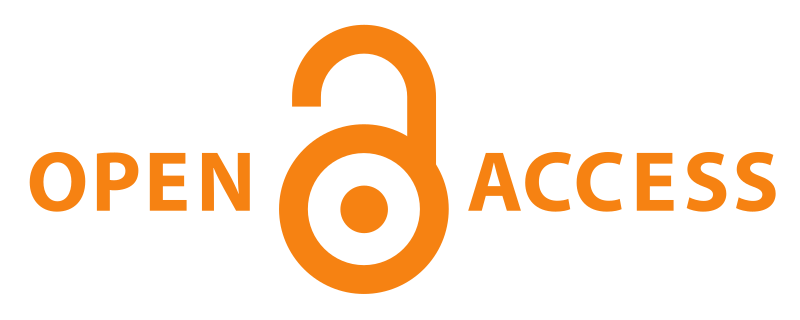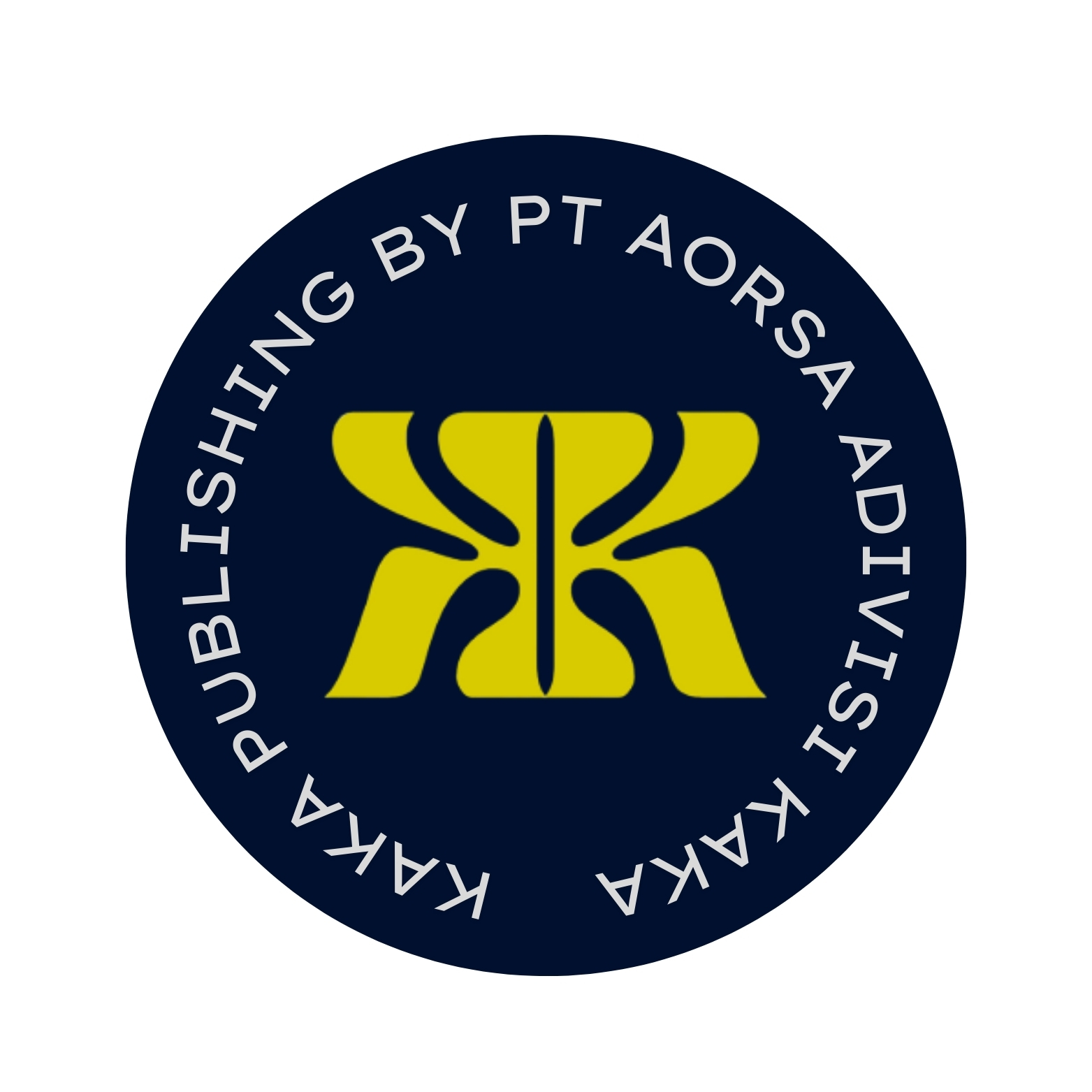Pencegahan Penyalahgunaan Wewenang Pemerintah dalam Membuat Peraturan Perundang-Undangan Sekunder
DOI:
https://doi.org/10.56607/ehtc6b85Kata Kunci:
pemerintah, peraturan sekunder, penyalahgunaan wewenangAbstrak
Kewenangan pemerintah dalam membuat peraturan perundang-undangan sekunder merupakan kebutuhan dalam negara modern. Artikel ini mengkaji konsep pencegahan penyalahgunaan wewenang dalam pembuatan peraturan perundang-undangan sekunder oleh pemerintah. Penelitian menggunakan metode penelitian hukum normatif dengan data sekunder berupa bahan pustaka sebagai data dasar yang dianalisa secara kualitatif dan disajikan secara deskriptif-analitis dengan pendekatan perundang-undangan dan pendekatan konseptual. Berdasarkan hasil kajian dapat dirumuskan upaya yang dapat dilakukan untuk mencegah penyalahgunaan wewenang dalam pembuatan peraturan perundang-undangan sekunder dalam konteks negara hukum kesejahteraan yang demokratis yang meliputi aspek yang berkaitan dengan proses pembentukan peraturan perundang-undangan sekunder dan aspek yang berkaitan dengan batasan norma pendelegasian wewenang dalam peraturan primer. Aspek yang berkaitan dengan proses pembentukan peraturan perundang-undangan sekunder meliputi partisipasi masyarakat dan keterbukaan informasi, serta pengendalian oleh pengadilan, parlemen dan pemerintah sendiri.
Unduhan
Diterbitkan
Terbitan
Bagian
Lisensi
Hak Cipta (c) 2025 Cecep Aminudin

Artikel ini berlisensi Creative Commons Attribution-NonCommercial 4.0 International License.
Penulis artikel yang diterbitkan di Jurnal EMS diizinkan untuk mengarsipkan sendiri versi terbitan/PDF di mana saja.
























